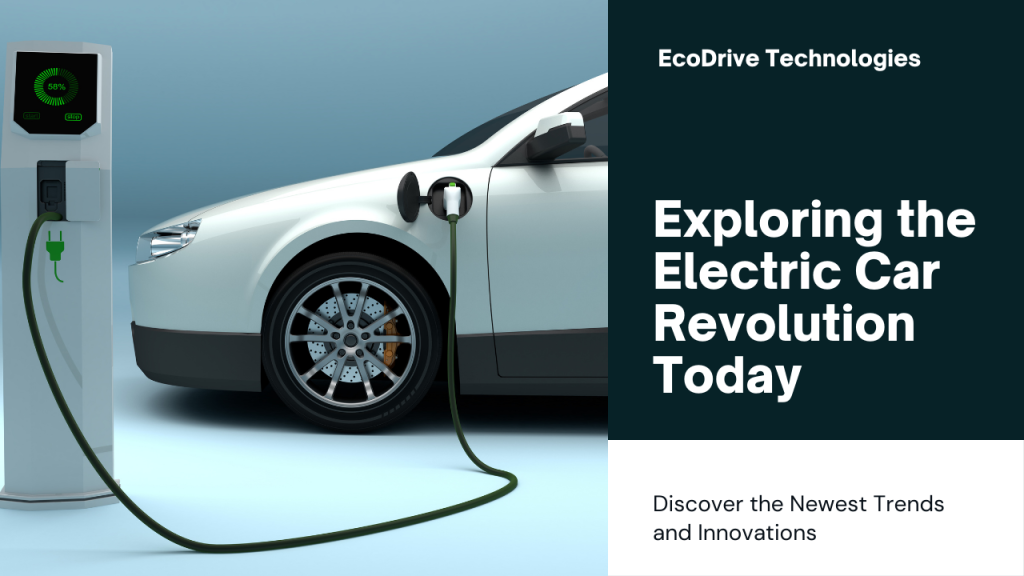
The automotive industry is experiencing a seismic shift towards electric vehicles (EVs) as countries and consumers prioritize sustainability. This revolution is not just about reducing carbon footprints but also about embracing advanced technology to redefine the driving experience.
Advancements in Battery Technology
One of the critical aspects driving the adoption of electric cars is the evolution of battery technology. Manufacturers are constantly striving to increase the energy density of batteries while reducing charging times. Tesla, for instance, continues to lead with its advancements in battery chemistry, aiming to extend the range of its vehicles beyond 500 miles on a single charge. Similarly, companies like LG Chem and Panasonic are investing heavily in developing next-generation batteries that promise greater efficiency and longevity.
Range Improvements and Infrastructure Expansion
Range anxiety has been a significant concern for potential EV buyers. However, recent advancements have significantly alleviated these worries. Modern electric cars boast ranges that comfortably exceed 200 miles on a single charge, with some premium models exceeding 300 miles. Furthermore, the global infrastructure for charging stations is expanding rapidly, making long-distance travel in electric vehicles increasingly feasible. Companies like Electrify America and ChargePoint are partnering with automakers to establish robust networks of fast-charging stations across major highways and urban centers.
Impact of Government Incentives and Regulations
Government policies play a crucial role in shaping the electric vehicle market. Incentives such as tax credits, rebates, and grants encourage consumers to switch to electric cars by offsetting the initial purchase cost. Countries like Norway and the Netherlands have implemented aggressive policies to phase out internal combustion engine vehicles entirely within the next decade. Additionally, stringent emissions regulations in Europe and China are compelling automakers to accelerate their electric vehicle production plans.
Leading Manufacturers and Upcoming Models
Several automakers have committed substantial resources to electrification. Tesla remains a pioneer in the EV market with its Model S, Model 3, Model X, and Model Y, all setting benchmarks in terms of performance and range. Traditional manufacturers such as Volkswagen with its ID series, Audi with the e-tron lineup, and Nissan with the Leaf continue to expand their electric vehicle offerings with new models that cater to different market segments.
Conclusion
The electric vehicle revolution is not just a trend but a transformative shift towards sustainable mobility. With advancements in battery technology, expanding charging infrastructure, supportive government policies, and a diverse range of models from leading manufacturers, electric cars are poised to dominate the automotive market in the coming years. As consumers prioritize environmental consciousness and governments enforce stricter regulations, the future of transportation looks increasingly electrified.

